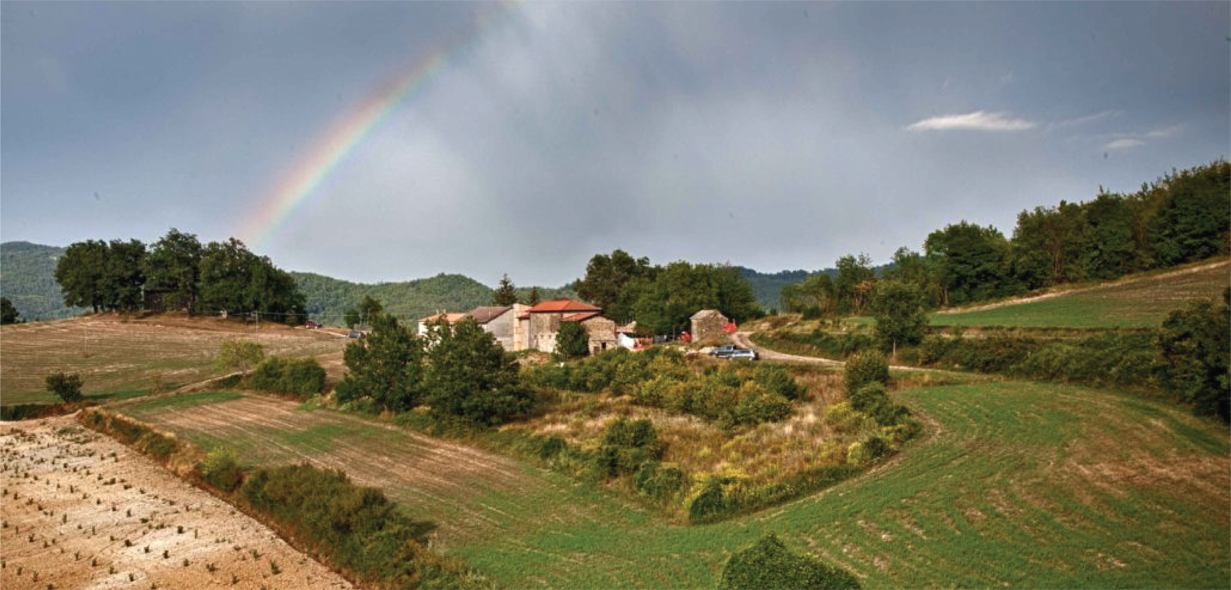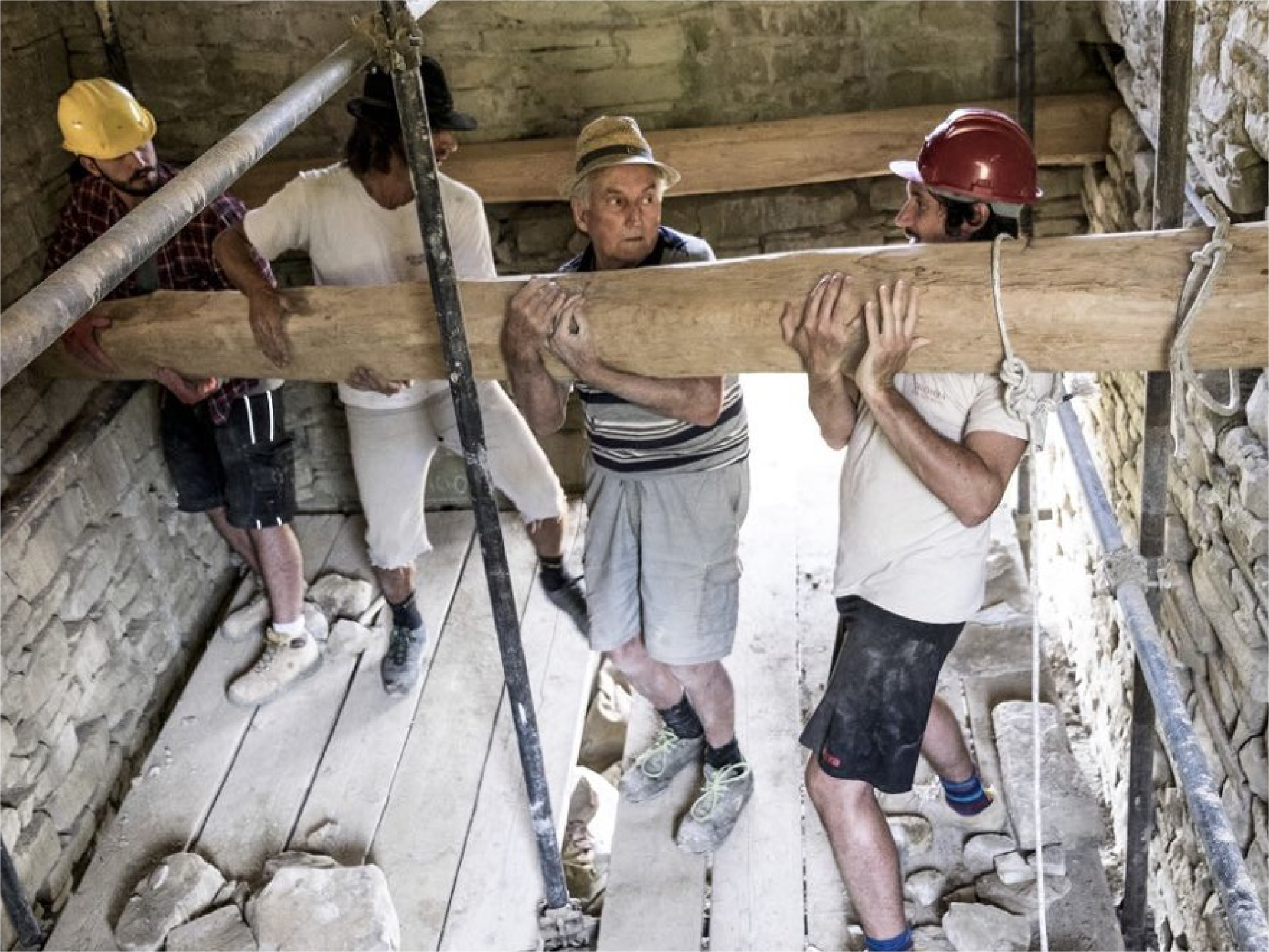In Summer 2017, I joined a school of traditional construction in Alta Langa, Northern Italy to assist and participate with Architecture Summer Workshops. The project, named Banca Del Fare, literally the “bank of doing”, is designed as a centre of applied education and expertise, to train the new generation in traditional techniques of construction using a hands-on approach.
Those who attend the courses are predominately student of Architecture, Engineering, Fine Arts and foreign exchanges students through Erasmus, but the school is open to anyone who takes an interest.
The Banca Del Fare operates as a project of the Non-Profit organisation ‘Parco Culturale Alta Langa’ with its headquarters in Monesiglio, the nearby town. The organisation aims to ‘actively contribute to the safeguarding of the built landscape’ with its values rooted in restoration and preservation.
The Summer Workshops of Banca Del Fare are run from a formerly abandoned, now restored, ‘cascina’ or traditional farmhouse complex, one of many iconic buildings of a style which holds great historical significance in the region of northern Italy. The cascina were the first self-sufficient, rural settlements to appear across the region, built as a means to better govern and manage the territory. Throughout the medieval ages, whilst cities were the focus of frequent invasions from all parts of the continent, these cascine provided a safe haven for peasants.

Cascina Crocetta, located in the region of Alta Langa, an area which straddles the border of the provinces of Piedmont and Liguria, typifies the layout and style of a traditional cascina in the midst of the ancient Italian countryside. The two main buildings of the complex have now been converted to provide accommodation for 15-20 persons. During the summer, workshops aimed at students of the construction professions are run for two-week periods with the intention to fully-restore the complex. Vegetable gardens has been restored to provide fresh vegetables to the kitchen, just as they would have done in the past.

The objective of the summer workshops is to ‘transmit knowledge and building techniques’ through a ‘hands-on’ approach to a new generation of construction professionals, guided and supervised by trained professionals with a background in traditional wood and stone constructions. The workshops provide people ‘to connect theoretically’ with all aspects of traditional construction, in a way which cannot be reproduced in a classroom. Additional workshops are included which include pottery and furniture-making.
As a resident assistant in the complex, I was able to participate in a wide range of workshops whilst working as general maintenance in the complex. Workshops included dry-stone walling, window framing, roofing, and pottery, whilst day-to-day activities included pointing, plastering, frame-making, and cleaning.

Follow the links below to explore other similar, related projects